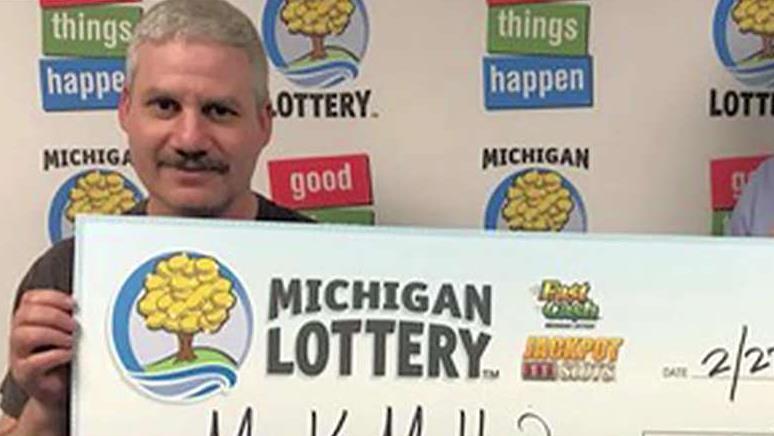You won $1.6 billion, now what?
Someone is waking up a billionaire this morning.
Early Wednesday, Mega Millions tweeted the news that one winning ticket was sold in South Carolina for its world record jackpot of an estimated $1.6 billion--making it the single biggest lottery win in the game's history.
So, what if you find out that you're the winner?
Jonathan Rikoon, a New-York based partner at Loeb & Loeb who specializes in trusts and estates, says that one of your first moves should be to stop, think and plan.
“Don’t tell anyone yet. That includes social media!” Rikoon stressed.
He also notes that contrary to popular belief, you don’t need to rush and collect the prize right away – you have plenty of time, but make sure the winning ticket is in a safe spot, like a bank safety deposit box.
“[Then] unlist your phone number, if you still have a landline. Take a leave of absence from your job so you can decide at more leisure about quitting, upgrading your career or spending some time without gainful employment,” he says.
Rikoon adds that you shouldn’t burn any bridges, since a life of leisure isn’t always what it’s cracked up to be. In most cases, he says coming into money can be both a blessing and a curse.
Lastly, get referrals from professional advisors to help you think and plan on what to do with your money next. Here is a list of professionals you should pursue:
Tax Advisors:
These tax experts can help discuss lump sum vs. installments, whether to pay state and local taxes before the end of the year and other considerations. Also, make sure you keep up with future tax and other obligations including payroll withholdings and insurance for your new staff, if you decide to hire the pros to help handle your windfall.
Financial Advisors:
Certified planners can help you project how much you want to be able to spend up front, annually and can assist with long-term planning.
Legal & Philanthropic Advisors:
Specialized lawyers can help address questions such as: How can you protect against the flood of requests you are sure to get for help and handouts (and “loans” that may never get repaid) from family, friends, co-workers, strangers and charities? Think about a professional philanthropy advisor too, to make sure any charitable organizations are legitimate and that you get the right tax benefits.




















